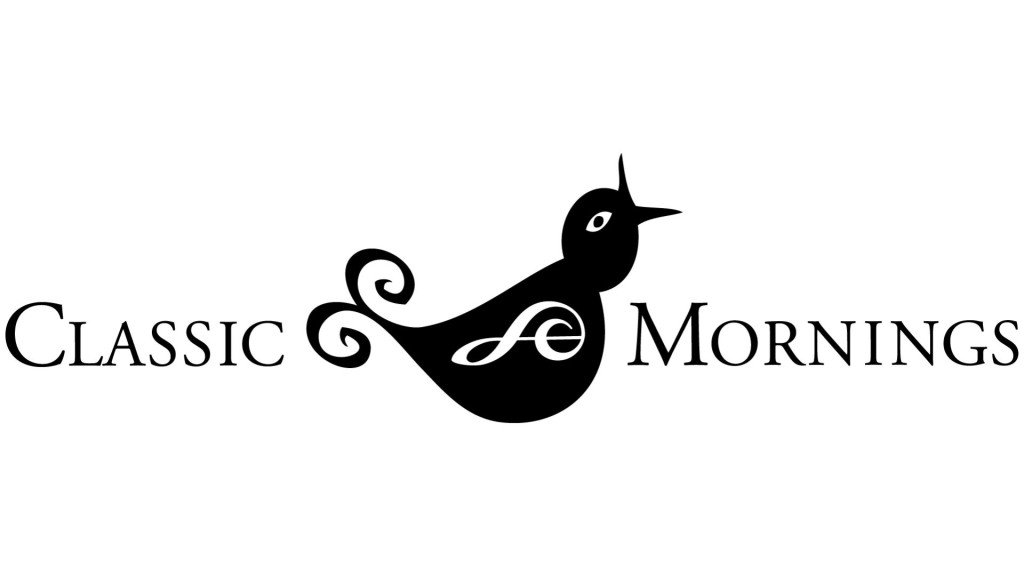The Livid And The Live

I pulled a Beethoven. But it wasn’t what I had planned to do.
I did plan to remember pianist/composer Daniel Steibelt (1765-1823) on October 2, which was the bicentennial of his passing. Steibelt, born in Berlin, spent years touring as a soloist before living and working in Paris, London and St. Petersburg. He wrote stage works, as well as music for the piano, including piano concertos.
For the occasion, I chose the finale of his Piano Concerto No. 3, which includes a musical storm. It’s not a massive storm, like in Vivald’s “Summer” Concerto from The Four Seasons. If that’s a “musical category 4 storm,” Steibelt’s is a “1” or “2.” And it sneaks up on you during an otherwise charming finale.
Steibelt was the pianist whom Beethoven humiliated in Vienna. The story is told by Beethoven biographer Ferdinand Ries that Steibelt played variations he had written on a tune which Beethoven used in one of his chamber works. Beethoven responded by improvising on a tune by Steibelt, which he had just heard. It devastated Steibelt.
The storm by Steibelt “arrived” some nine years before the storm in Beethoven’s Symphony No. 6, which is known as the “Pastoral” Symphony. Steibelt called his finale: ”Rondo pastorale (in which is introduced an imitation of a storm).” After I played the finale of the concerto that morning, I featured a few movements from Beethoven’s symphony, including the storm, just because it was suggested by Steibelt’s work. Beethoven’s storm also emerges in the midst of pastoral scenes.
While listening to it, I had the thought that Steibelt’s storm is a passing shower in comparison to Beethoven’s. Then I realized what I had done. I had continued the nightmare faced by Steibelt during his lifetime. I had allowed Beethoven’s music to belittle that of Steibelt. Beethoven might have enjoyed that. Steibelt would not have been amused. But I had to remind myself that it’s probably because of Beethoven that Steibelt, and so many other composers of that time, even get mentioned today.
On another recent milestone anniversary, I’ll admit that I did intend to return a lost crowd to its live concert. Yes, of course I’ll explain.
In 1978, 45 years ago, the British guitarist Julian Bream and the Australian guitarist John Williams presented concerts in Boston and New York. Portions of those concerts made their way onto a live double LP set.
During the CD era, that music became “less live,” you could say. The selections were re-released, along with some from studio sessions with the performers. The applause of the live cuts was eliminated, except if you purchase the complete 40 CD set of Julian Bream’s recordings. That collection includes the original live album in CD format. It’s no. 29 of the set.
I’ve told the story before. But this time, I prepared a little surprise for Classic Mornings listeners. It also served as a reply to those who wonder if I still play LPs – vinyl records, that is.
I knew that we had the original double LP release of Julian Bream and John Williams Live. And I was happy to discover that it’s in good shape. In the recording notes. I was reminded that the first of the two concerts was presented at Symphony Hall in Boston on October 15, 1978. That was a Sunday afternoon, just as it was this year. The New York concert was on Wednesday evening, October 18, at Avery Fisher Hall at Lincoln Center. The recording’s producer, Peter Dellheim, explained that the album was a “musically judicious edition“ of the tapings of those two concerts. On October 19, he met with Bream and Williams for 10 hours, listening to the tapes. He said they were struck by the different characters of the Sunday afternoon and Wednesday evening concerts.
He explained that the recordings were made using 3 highly directional or “shotgun” microphones. According to Dallheim, both Bream and Williams found that term ’incredibly insensitive. Two additional microphones captured the ambience of the halls: the “gin and fizz,” as Bream called it, he said.
I looked forward to playing the opening of the recording, from our LP. Just after the players are greeted onstage, Williams announces that the concert is being recorded. He requests, with intended amusement, that if anyone has an uncontrollable cough, that they save it for between pieces. Bream adds “Or if that is impossible, at least choose the loud parts of the music.” I also played their performance of “Golliwog’s Cakewalk” from Claude Debussy’s Children’s Corner, with the applause!
As much fun as it was to seek out the lost ovation for that celebration, I prefer just seeking out performances that give cause for applause. Tune in for them on Classic Mornings, Monday through Friday from 9 am - noon on FM 90.9 or online at will.illinois.edu.

